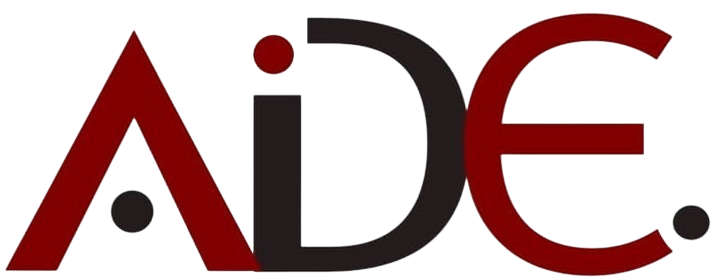AI & DS Innovation Ecosystem
Initiating Industry-School-End user Partnerships
- Research Partnerships: School will establish partnerships with industries (including MSME’s) for working on an array of problems involving students and faculty. In effect, school can provide AI related research services to partner industries through an umbrella MoU as per IITJ norms.</p>
- AI and Data Analytics as a service framework: School in collaboration with appropriate partners can develop and host advanced AI and Data Analytics Services on Cloud for industry/End users not working in core AI or DS domain. School can also manage “Data Factories” for servicing needs of industries from India and other countries.
- Executing consultancy and sponsored research projects funded by industry or line ministries.
Promote AI and DS based entrepreneurship
- School will work closely with UG students from their initial years to promote entrepreneurial thinking.
- Motivate and guide undergraduate students for AI and DS driven initiatives for Entrepreneurship minor.
- Run AI and DS based hackathons.
- Conduct Entrepreneurship/Innovation Clinics for Ph.D students to promote deep tech start-ups through possible translation of their work.
- Mentor students for pre-incubation and incubation of student driven start-ups.
- Create enabling mechanisms for promoting faculty led start-ups.
- Start post-graduate programme in Entreprenurial fellowship.
- Run accelerator programmes for start-up.
Hosting and Managing Technology Innovation Hubs
Technology innovation hubs are composite research, translation and innovation ecosystems operated as a section 8 company which provides for:
- Coordinated technology development through collaboration with global AI and DS intellectual resources.
- A translational research pipeline for conversion of knowhows into commercializable technologies.
- Support to start-up’s in the TBI.
School must take initiatives for creation of TIH’s as a special purpose vehicle by integrating support of multiple interested agencies to take forward the agenda of translating technology from lab to the field.
School is expected to have a symbiotic relationship with TIH for enabling students to work on problems of interest of TIH and providing translational pathways for technologies being developed in the school.
AI standards and Regulatory Framework
School will support the following activities:
- Creating a research group to work on AI standards and Regulatory Framework
Technical standards for AI covers many issues like safety, security, accuracy, usability, interoperability and reliability of the model and data. Flexible and robust technical standards for AI are critical to the successful development and deployment of the technology. This group can work with national and international bodies to generate and implement:- guidelines for the design of AI systems to ensure that they can be easily integrated with other technologies, utilize best practices for security and safety, and adhere to technical specifications that maximize their utility; and
- common standards which can serve as mechanisms to evaluate and compare AI systems
- Creating a research group for working on Intellectual Property Rights of AI and DS based technologies
The growth of AI across a range of technical fields raises a number of policy questions with respect to IP. These questions include: whether the existing IP system needs to be modified to provide balanced protection for machine created works and inventions, AI itself and the data. - Creating a research group for working on Ethical issues of AI
World economic forum identifies following ethical questions related to AI- Unemployment. What happens as jobs disappear with introduction of AI?
- Inequality. How do we distribute the wealth created by machines?
- Humanity. How do machines affect our behaviour and interaction?
- Artificial stupidity. How can we guard against mistakes?
- Bias: How do we eliminate AI bias?
- Security. How do we keep AI safe from adversaries?
- Evil genies: How do we protect against unintended consequences?
- Singularity. How do we stay in control of a complex intelligent system?
- Robot rights. How do we define the humane treatment of AI?
We need to address these issues for analysing and assessing long term perspectives of AI and DS driven technology development.

